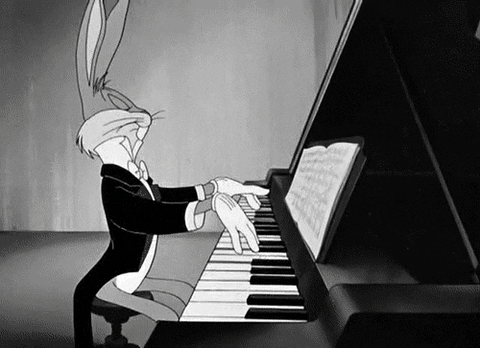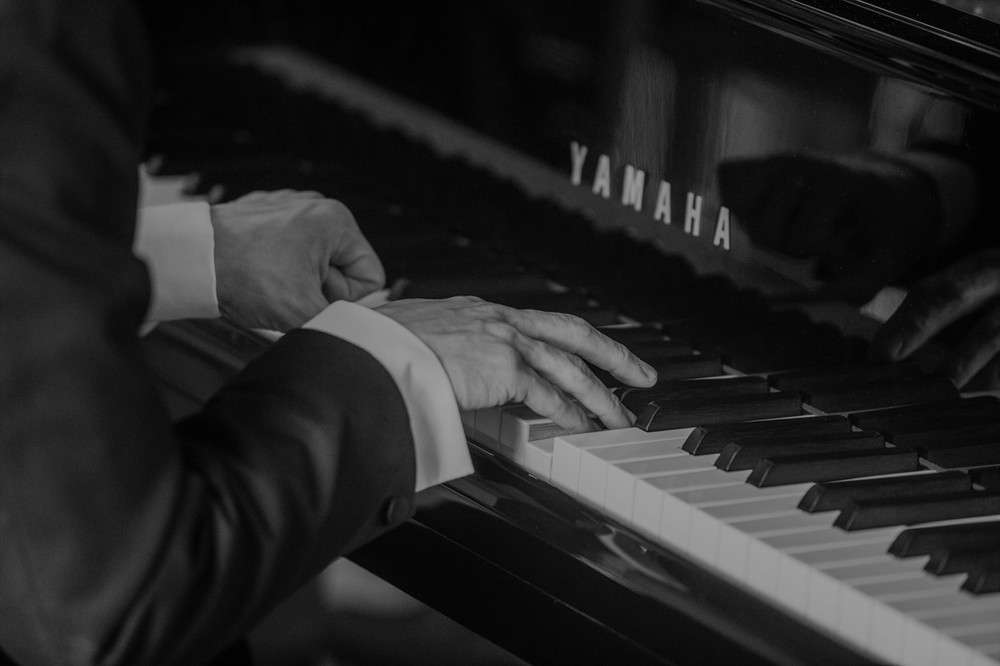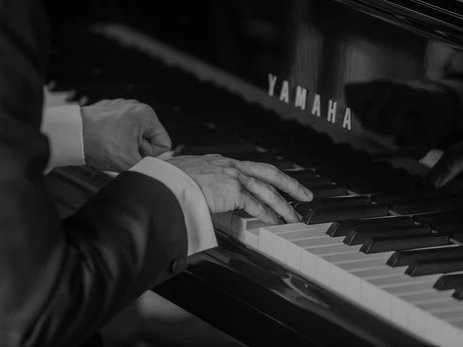Uncategorized
What is the fastest and easiest way to learn to play the piano?
How to learn the piano
Nowadays, there are many tools – many of them free of charge – that one can use to learn how to play the piano. Apps for the smartphone and computer, video tutorials are given by prestigious teachers, books, and, of course, teachers who offer one-to-one or group lessons (often for not a particularly high cost), the list can go on.
Many of these applications (apps) offer a particularly engaging way for one to proceed: real-time playing over a backing track, one can choose the tempo (the speed one plays a piece of music) suitable, tools for learning note-reading and other piano basics, and then one can gradually progress to more difficult pieces.
Video tutorials are often particularly informative; one can find tutorials ranging for beginners through to advanced top tips. The case is the same for books, one can find a book for beginners, where there will be some general advice about how one should play (e.g. sitting position, hand position etc.), how to learn the piano notes, and then we can find books which are particularly technical in their language and highly informative to make one be able to play even the most demanding musical-passages with ease and musicality.

Given that we have got these choices, then you might wonder “how long does it take to learn the piano”?, but before thinking about the time it will take us, we still need to answer some questions:
What style do we want to play, and how well do we want to do it?
How easy is it to play the piano? Well, it depends on the style you would like to approach. Since I come from a classical music background, it would be best if I assumed that one is concerned with learning to play classical music and wants to do it well.
Again, well is subjective, as the piano repertoire (the many works were written for piano) is vast, and as the ages progressed from the medieval era to contemporary music of the 21st century. Pianistic demands became increasingly more demanding, with works that only a true ‘grandmaster’ of piano technique, one who has deep insight into the mechanics of piano playing, would be able to execute.
However, even in earlier periods such as the Baroque period, we can again find quite high demands for pianists. If one is not aware of the many mechanics of piano playing, it would then be rather difficult to play with some musicality, resulting in a rather dull performance both for the audience, but often for the performer as well, let alone the many injuries which could be the result of one not playing in a manner which suits them. (e.g. carpal tunnel syndrome which is the nightmare every pianist alive wants to avoid, but unfortunately, some do get it).
If we are happy with playing some easy pieces of music (technique-wise) – and this is fine! – then we can certainly do so, in my opinion, by using the many tools available already mentioned.
If however, one wants to progress to more demanding works, the situation gets trickier, as some of the tools above such as the smartphone apps, do not seem to offer information about technique at all. For example, the rotation of the wrist for repeated patterns of piano notes going up and down does not seem to be mentioned, although a vital tool for playing the piano.
How easy is it to play the piano as an adult? We could say that age has nothing against the desire to learn a new skill. Of course, accompanied by a teacher, an adult does not need to think about how to use some new technologies (that can be frustrating for anyone!)
In any case, this learning experience is as good for adults as it is for children because having a teacher who can explain technical, harmonic and melodic issues to you at the moment is much more enriching than learning through an app.
I have mentioned that many books and tutorials do offer high-quality information, but it is my opinion that if one doesn’t already come from this specific background of classical music, the advice given by these tools would be rather technical, in an ‘alien’ language, hard for one to understand. Even if one understood, how could they be sure that they are following the advice correctly?

On the other hand, tutorials and books for piano beginners, although seeming to offer some good information, I have often found them to be somewhat abstract, leaving the beginner with more questions than answers. My other objection at these tools is that I have usually found them lacking the capacity of offering the pianist some repertoire ranging from beginner to advanced. Pointing out what pieces one should be playing at a specific point in time, to advance.
Should one start studying Chopin etudes before tackling some Bach preludes and fugues, or a Haydn sonata?
Which sonata, or which etude out of the many ones existing?
How then would a beginner know what to play to advance?
Which piano levels should I approach?
Hence, I would advise that for at least some time, one has lessons with a well-informed and good piano teacher. Ideally, this teacher will be able to check one’s playing, offer advice about technique and form which works the student would gain the most at a particular time, encouragement and inspiration.
It is my opinion that for one to learn to play the piano well, fast and easily, a good teacher is a necessity. The student will then need to invest some time for this. It is rather common advice that in the advanced stages of piano playing (e.g. after grade 8), one should practice about 2-3 hours a day (at least) for six days a week.
It would now be worthy of mentioning that if one went to search which teachers world-class pianists had, they would probably discover that they all had top-class tuition, from teachers who were already well-renowned for their teaching and performance. Even in cases which we see that one had tuition from – for example – their father, who might not be a famous pianist, if one goes more in-depth, they will discover that the father had received top-class tuition himself.
How does one choose which book to read?
Which tutorial to watch?
Unfortunately, the world of the classical piano is still rather mystifying, with the many piano schools existing, many books and teachers offering different advice. My opinion is that whichever piano technique or school one chooses to follow, they are probably going to reach a quite high standard, as there are some generally accepted ‘rules’ among the pianists (e.g. the elbow should be at level with the keys or just a bit lower.)
Finally, piano tuition – fortunately – has the capacity of making one autonomous, so that they can then go on and choose their own path. For example, after one is introduced to the world of classical piano by a teacher, they might then decide they want to continue alone, with the help of books and tutorials.
Written by Panayiotis Tsitsaros
#fastresults #fastresukts

